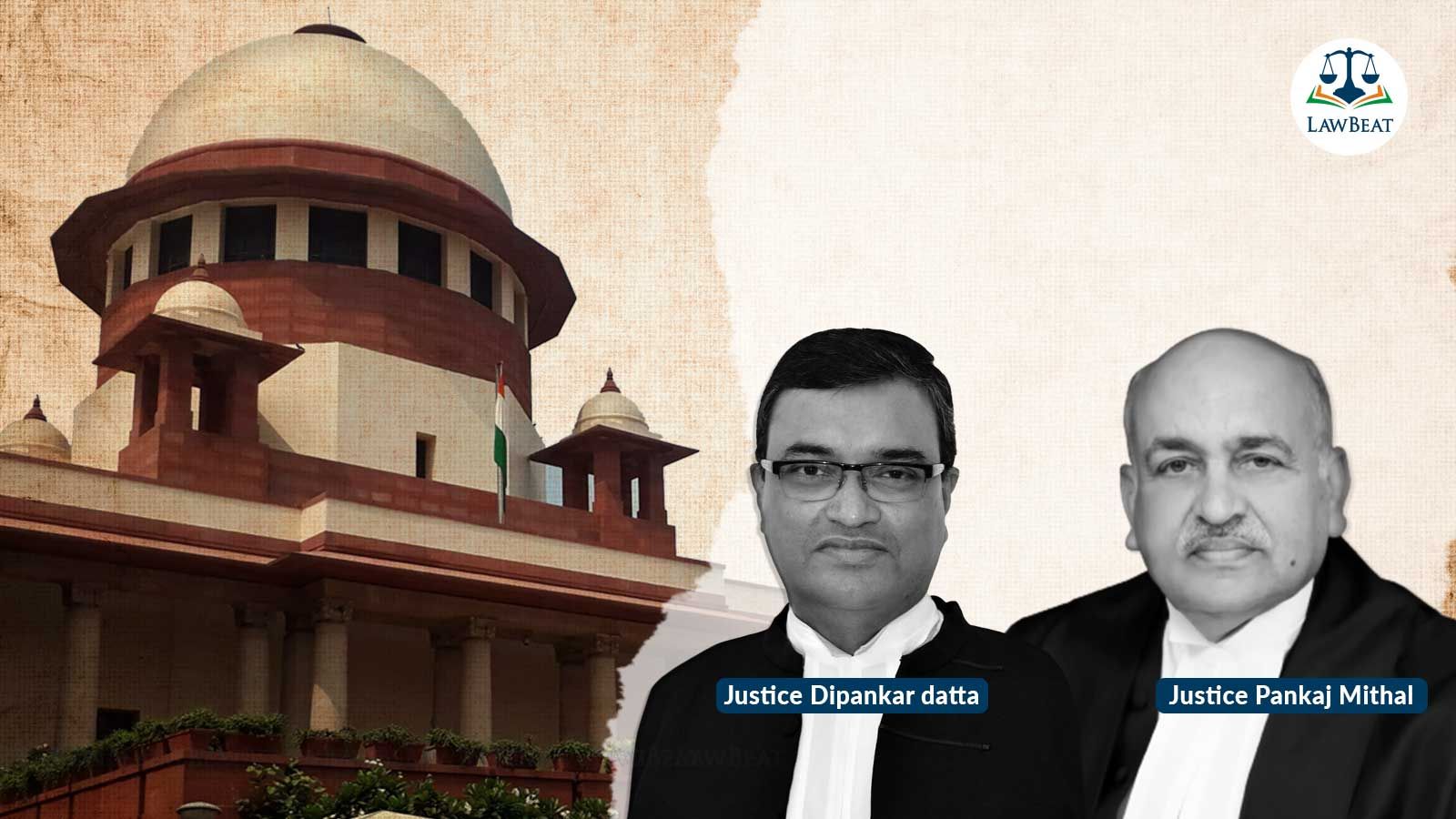Power under S.319 CrPC to summon must be used after more than prima facie satisfaction: Supreme Court

A court summoning a person as accused during the trial must not act mechanically, a division bench of the top court has said.
The Supreme Court on Friday said that a court summoning a person as accused during the trial must not act mechanically but must be more than prima facie satisfied that the evidence on record would lead to conviction.
A bench of Justices Dipankar Datta and Pankaj Mithal said what is essential for exercise of the power under Section 319, Criminal Procedure Code is that the evidence on record must show the involvement of a person in the commission of a crime and that the said person, who has not been named as an accused, should face trial together with the accused already arraigned.
"However, the court holding a trial, if it intends to exercise power conferred by Section 319, CrPC, must not act mechanically merely on the ground that some evidence has come on record implicating the person sought to be summoned; its satisfaction preceding the order thereunder must be more than prima facie as formed at the stage of a charge being framed and short of satisfaction to an extent that the evidence, if unrebutted, would lead to conviction," the bench said.
The apex court also pointed out Section 319, Cr PC, which is a discretionary power, allowed the court holding a trial to proceed against any person not shown or mentioned as an accused if it appears from the evidence that such person has committed a crime for which he ought to be tried together with the accused who is facing trial.
"Such power can be exercised by the court qua a person who is not named in the FIR, or named in the FIR but not shown as an accused in the charge-sheet," it said.
The court dismissed an appeal filed by Jitendra Nath Mishra against the Allahabad High Court's June 1, 2022 order which declined to quash a summoning order issued by the Special Court against under Section 319 Cr PC in a case related to assault and abuse under the Scheduled Castes and Scheduled Tribes (Prevention of Atrocities) Act, 1989. The trial court had relied upon the deposition of the woman victim to summon the appellant.
The court noted in the present case, the FIR disclosed offences having been committed by Dharmendra, his brother (appellant) and an unknown person. Both the complainant and his wife, while testifying before the court, described the manner of assault inflicted by Dharmendra and the appellant and the utterances used by them.
The appellant contended that the incident was of September 30, 2017 and the FIR was lodged on February 28, 2018 without any cogent explanation for such a gross delay. He also raised points of contradictions in the FIR while claiming he had been named during the trial in a clear embellishment to harass him by dragging him to face the unnecessary trial. He raised the issue of absence of public witness to the incident too.
The court, however, said all these points are left open to be urged by the appellant in course of the proceedings before the Special Court.
"We are of the view that any expression of ours while dealing with each and every point urged on behalf of the appellant could result in prejudgment; and thereby hinder a fair trial," the bench said.
Case Title: JITENDRA NATH MISHRA vs. STATE OF U.P. & ANR
